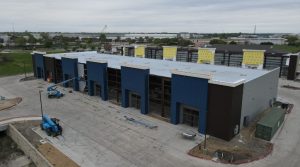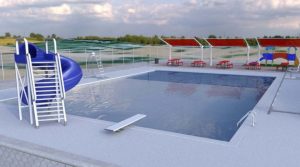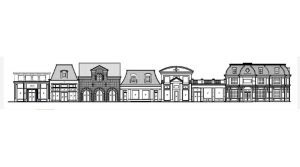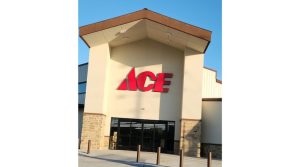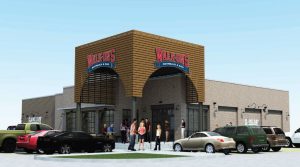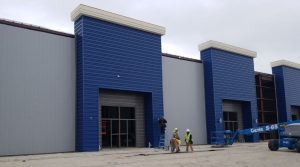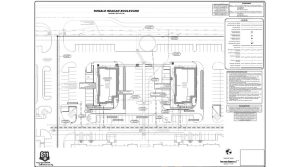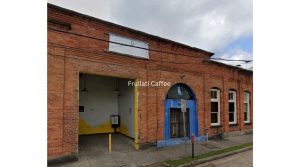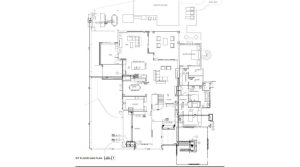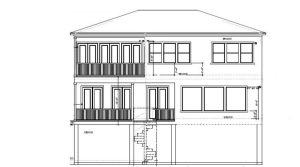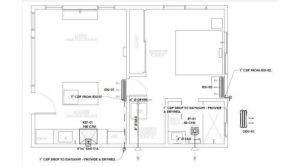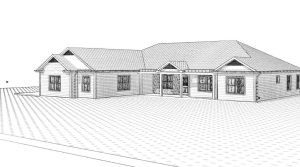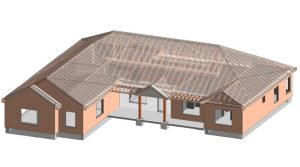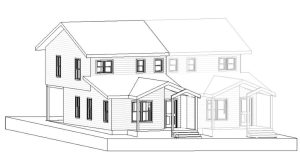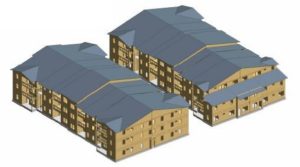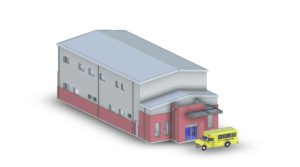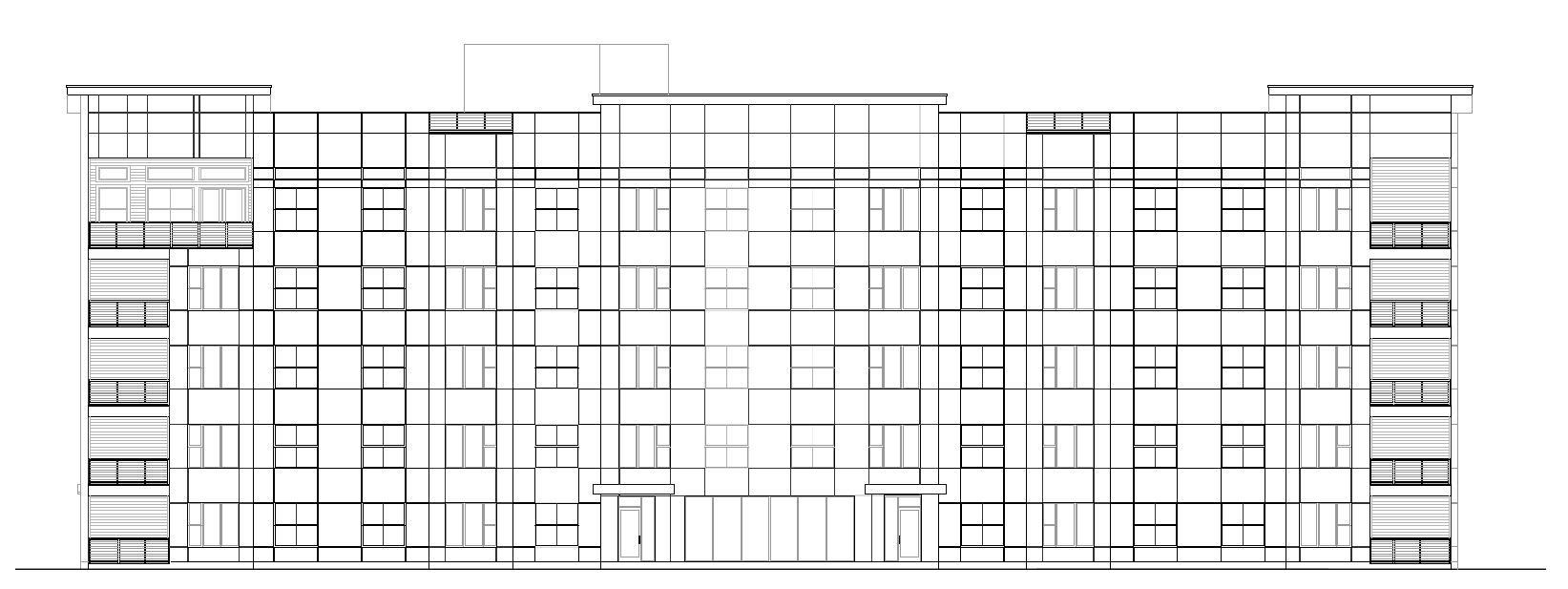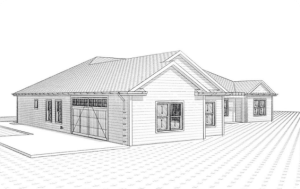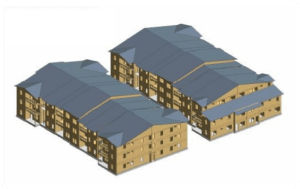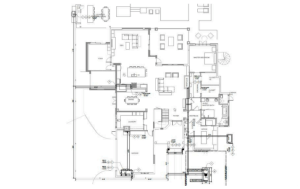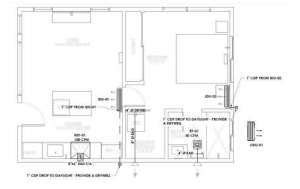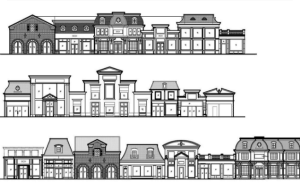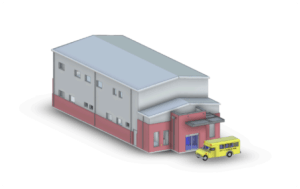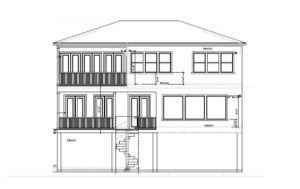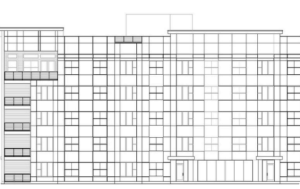The Vital Role of a Mechanical Design Engineer Consultant in Modern Construction
Introduction
In today’s fast-evolving construction industry, precision, efficiency, and sustainability are more important than ever. As buildings become smarter and more complex, the role of a Mechanical Design Engineer Consultant has grown significantly. These professionals are at the core of building systems—ensuring that HVAC, plumbing, fire protection, and energy systems work flawlessly together. A skilled Mechanical Engineering Company doesn’t just support construction—they help shape it from the ground up.
What Does a Mechanical Design Engineer Consultant Do?
At a glance, their job might seem focused on mechanical systems. But in reality, these consultants are critical players in planning, designing, and coordinating many core building functions. From system layouts to energy modeling, a Mechanical Design Engineer Consultant bridges the gap between architecture and function.
Their responsibilities include:
- Designing HVAC systems tailored for performance and efficiency
- Integrating plumbing and fire protection systems into the structural layout
- Ensuring all mechanical systems meet code requirements
- Providing energy-efficient, sustainable design strategies
The Mechanical Engineer’s Role in Building Lifecycle
Mechanical engineers are involved from concept to completion—and beyond. Here’s how they contribute at every stage:
1. Design Phase
In the early stages, consultants evaluate building needs based on occupancy, climate, and usage. They then propose system designs that balance comfort, efficiency, and cost.
2. Coordination and Integration
Mechanical systems must work in harmony with electrical, structural, and architectural elements. A trusted Mechanical Engineering Company ensures smooth coordination, especially within BIM (Building Information Modeling) environments.
3. Construction Support
Engineers often assist contractors during construction by reviewing shop drawings, solving onsite challenges, and ensuring systems are installed as designed.
4. Post-Construction Services
Mechanical consultants may also be involved in commissioning, testing, and system optimization once the building is complete.
Why Modern Projects Need a Mechanical Design Engineer Consultant
Modern construction presents complex challenges. Buildings are expected to be more energy-efficient, safer, and smarter than ever before. A Mechanical Design Engineer Consultant is essential to meet these evolving demands.
Here’s why their expertise matters:
- Energy Efficiency: Engineers design HVAC and mechanical systems that reduce energy consumption and operating costs.
- Code Compliance: They ensure every mechanical component adheres to national and local building codes.
- Sustainability Goals: Consultants help achieve green building certifications like LEED by optimizing system performance.
- System Reliability: Properly engineered systems are less likely to fail or need costly repairs.
Mechanical Engineering in Action: Real-World Applications
Let’s explore a few examples of how mechanical design plays a key role in different types of construction projects:
- Commercial Buildings: HVAC systems must be quiet, effective, and scalable to tenant needs.
- Healthcare Facilities: Require precise temperature control, air purity, and backup systems.
- Educational Campuses: Energy efficiency and comfort are key for learning environments.
- Industrial Plants: Engineers must balance complex ventilation, process cooling, and safety requirements.
Choosing the Right Mechanical Engineering Company
Selecting the right partner can make or break your project. Here’s what to look for in a qualified Mechanical Engineering Company:
- Experience with diverse building types
- Strong BIM and coordination capabilities
- Track record of energy-efficient system design
- Collaborative team that works seamlessly with architects and other engineers
- Emphasis on long-term system performance, not just first costs
The Future of Mechanical Engineering in Construction
The field is evolving rapidly with trends like smart building systems, AI-powered energy modeling, and decarbonization. Mechanical consultants are leading innovation by integrating IoT devices, advanced HVAC controls, and data-driven insights into every design.
The future will demand buildings that think, respond, and adapt—and Mechanical Design Engineer Consultants will be the ones making it happen.
Conclusion
In the world of construction, it’s easy to focus on what you can see: steel, glass, and concrete. But behind the walls and above the ceilings, mechanical systems are working nonstop to keep buildings running smoothly. The expertise of a Mechanical Design Engineer Consultant ensures these systems are efficient, compliant, and ready for the future.
Whether you’re planning a high-rise, a hospital, or a warehouse, partnering with a skilled Mechanical Engineering Company is not just smart—it’s essential.
👉 Explore how we approach modern mechanical design at GDI Engineering’s Mechanical Engineering Services
